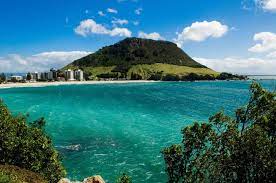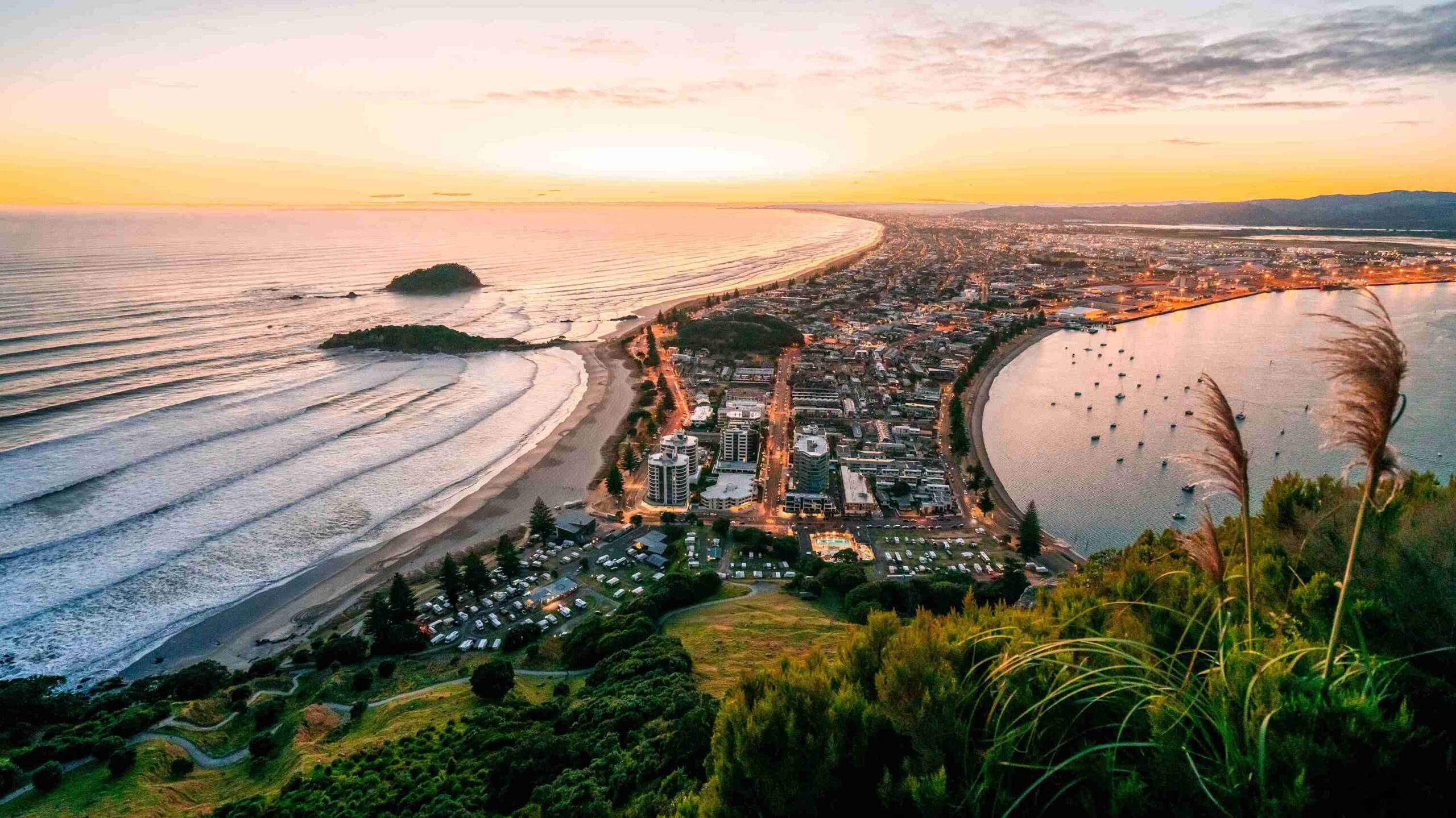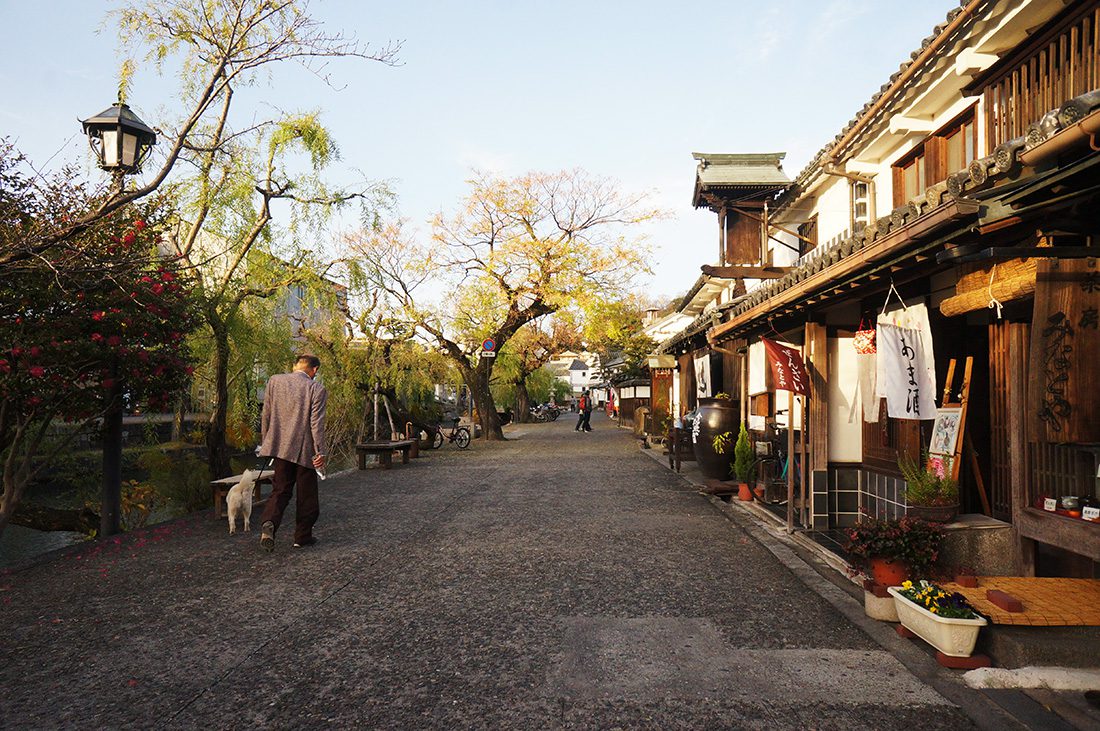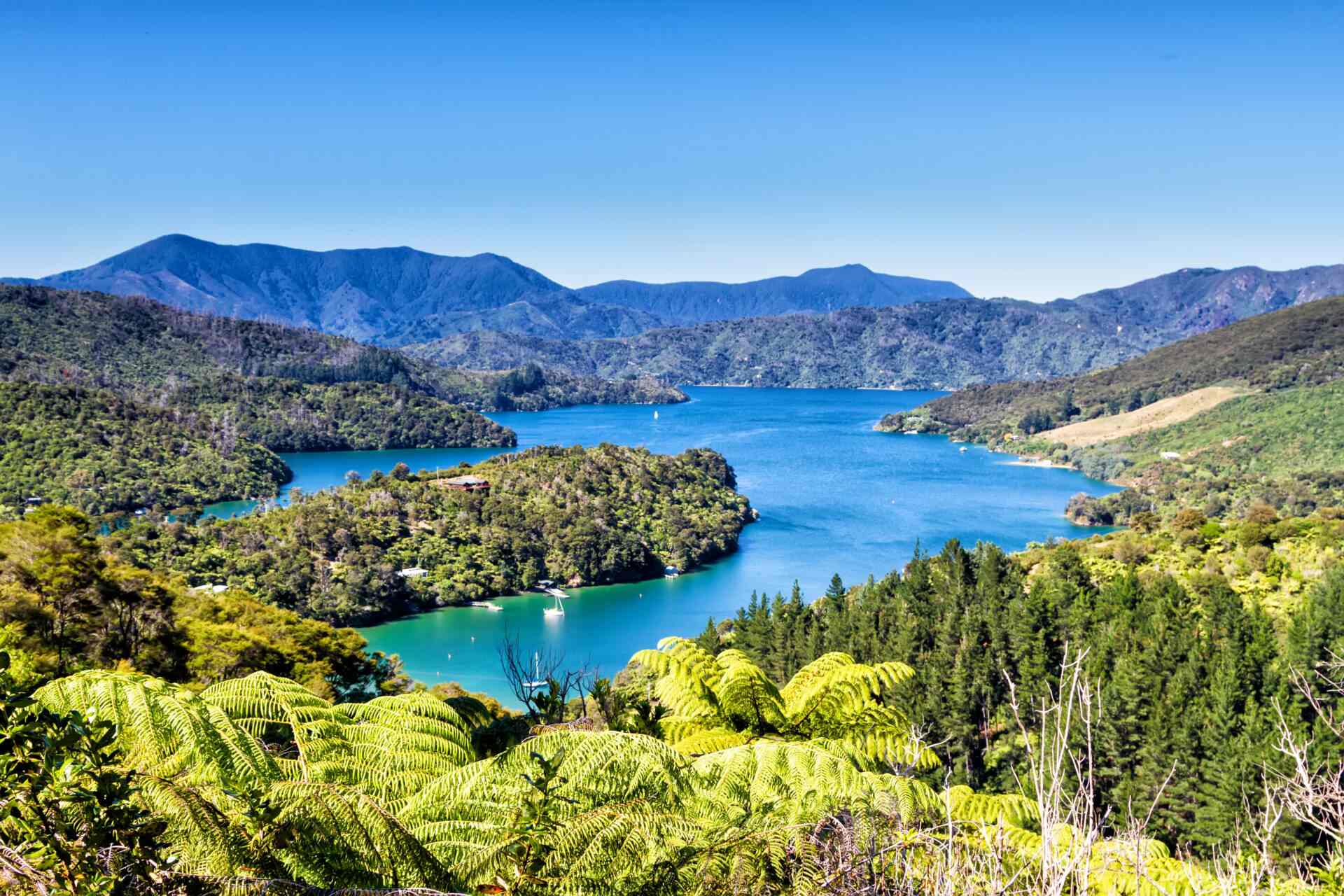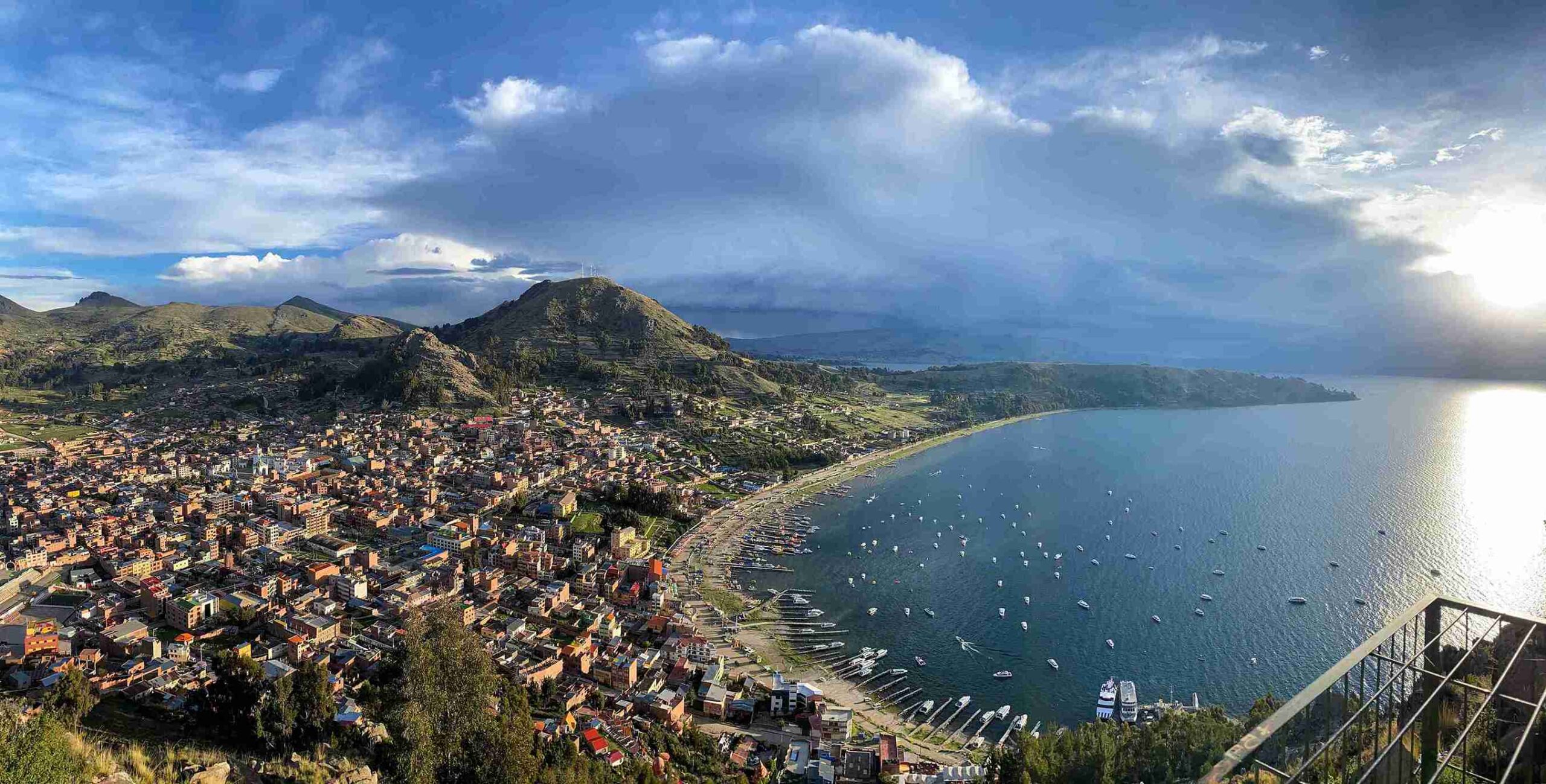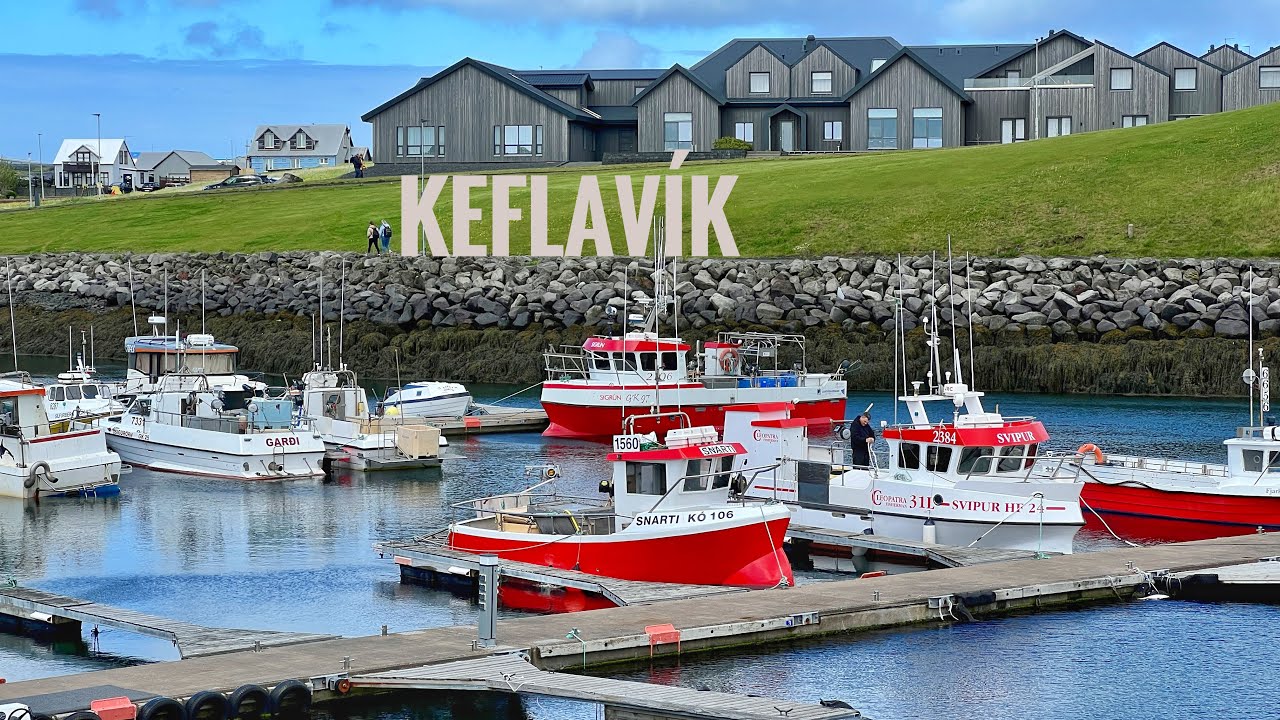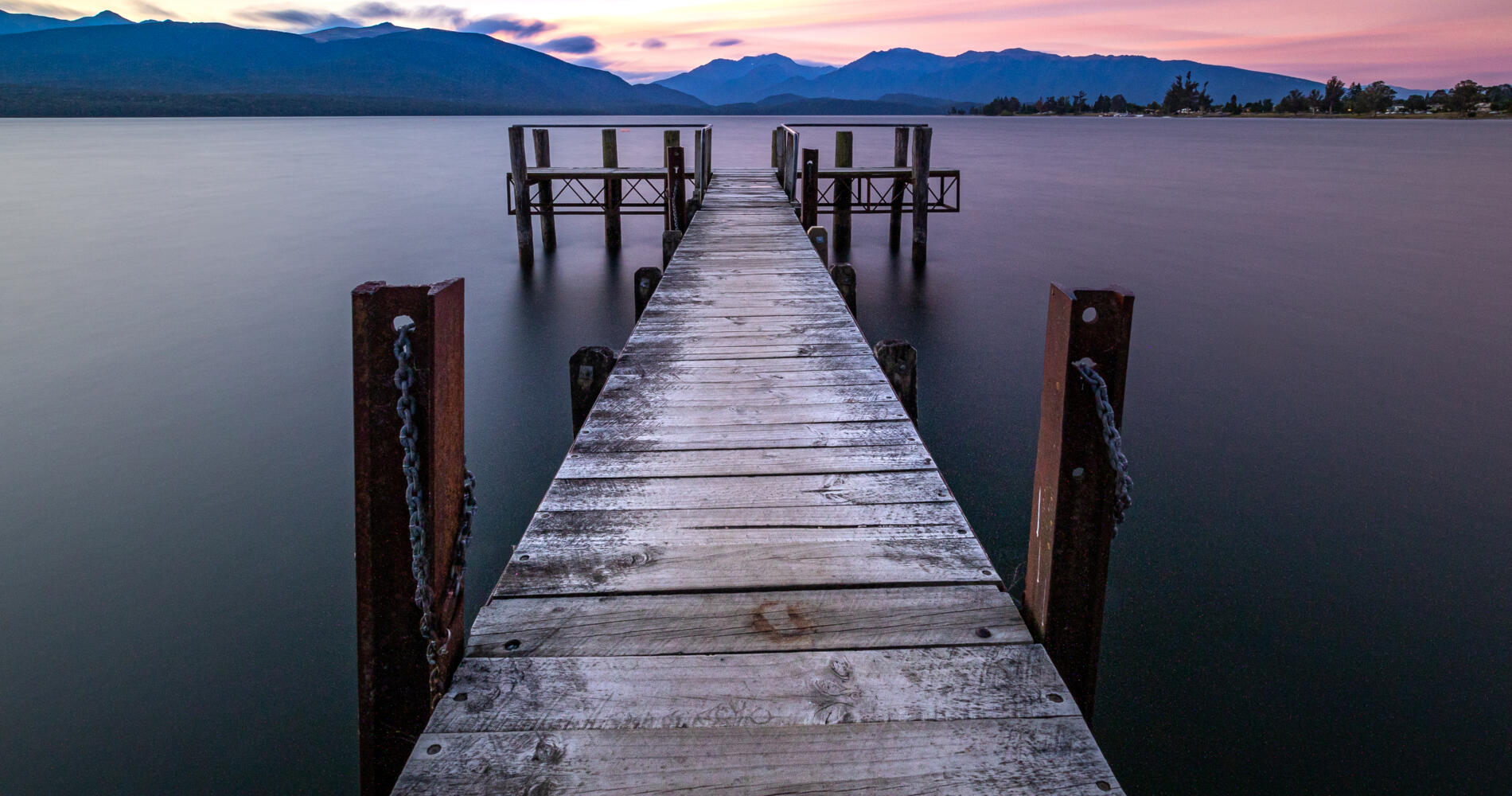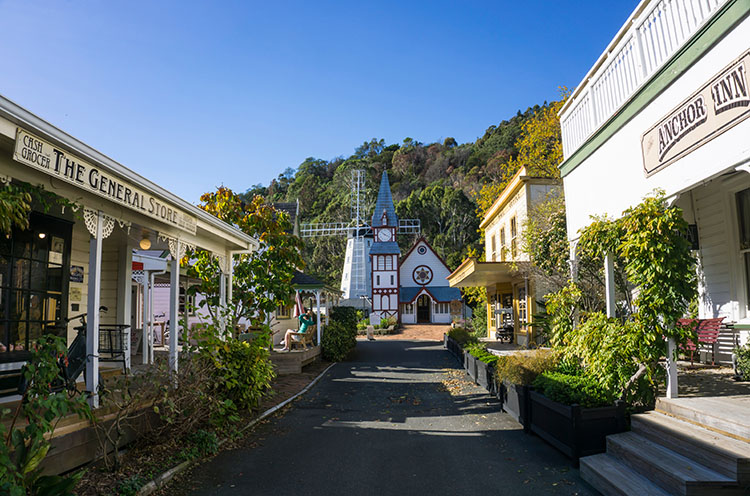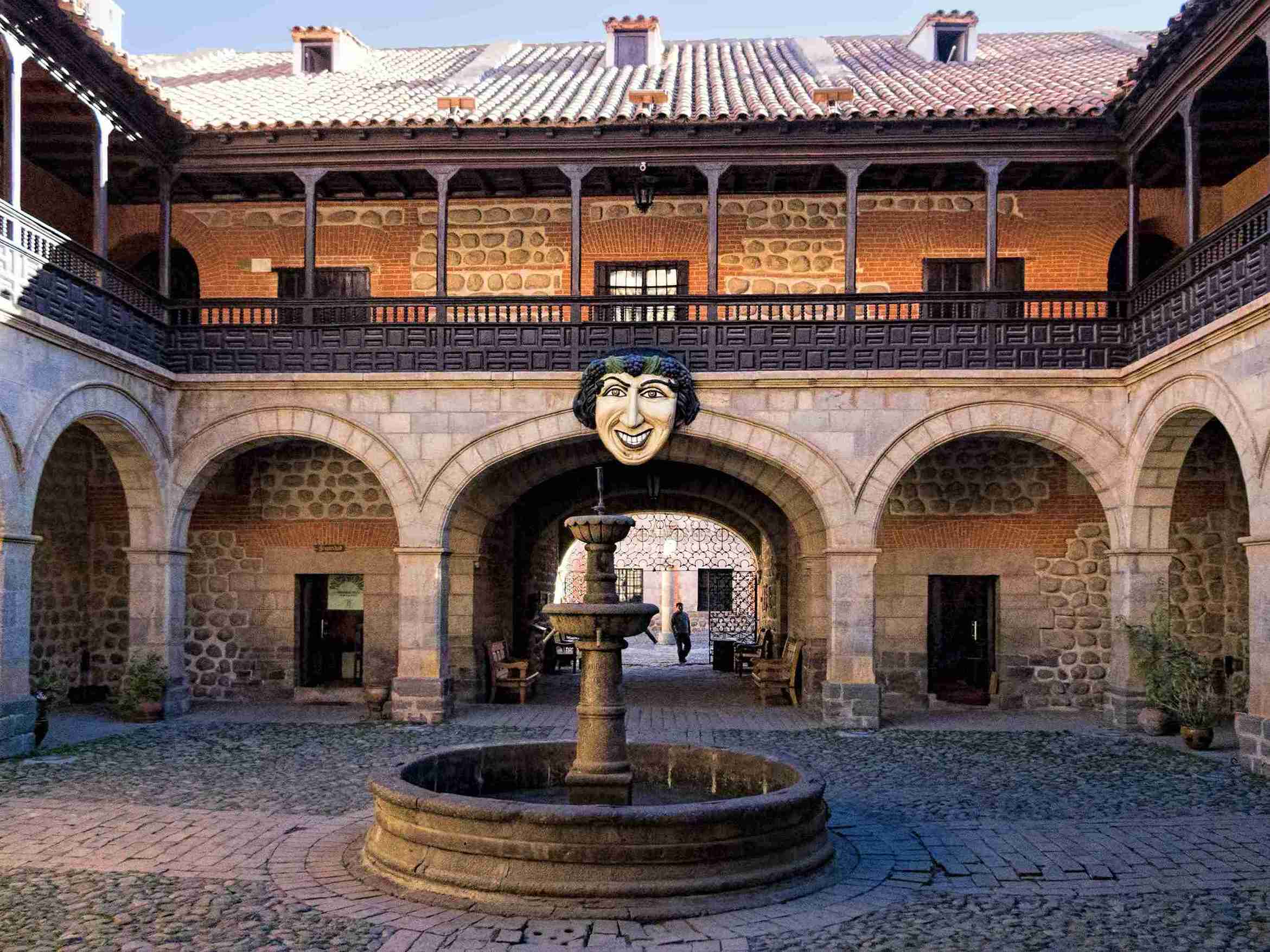Dar es Salaam, Tanzania – Travel Tips
Category
Categories
Popular Articles
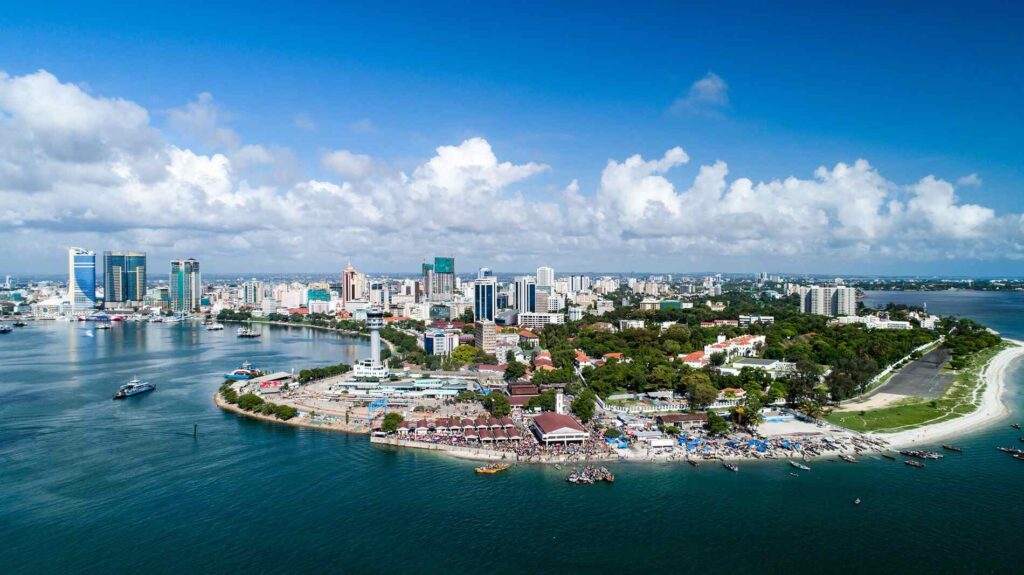
Overview of Dar es Salaam, Tanzania
Dar es Salaam, locally known as “Dar,” is the economic and cultural hub of Tanzania and also one of the fastest-growing cities in Africa. Overlooked by many tourists as merely a port of entry, the city offers mesmerizing Arabian and German colonial architecture, bustling markets, picturesque beaches, and succulent local cuisines.
Best Time to Visit
The best time to visit Dar es Salaam is during the dry season from June to October. The city experiences a pleasant temperature with abundant sunshine. The wettest months are March, April, and May, while January and February are typically warm. If you’re looking to incorporate cultural events into your itinerary, time your visit with the Dar es Salaam International Film Festival in June or the Bagamoyo Arts Festival in September.
Climate & What to Pack
Dar es Salaam boasts a tropical savanna climate with hot temperatures throughout the year. December to March sees an average maximum temperature of about 32°C, while from June to September, the average maximum is around 28°C. Carry lightweight clothes, preferably linen and cotton, a good pair of sandals, a sun hat, and sunglasses. Do also pack swimsuits and beachwear if you want to hit the beaches. A raincoat is a must if you plan on visiting during the wet season.
Getting There
Julius Nyerere International Airport, located 12 kilometers southwest of the city, is the major gateway to Dar es Salaam. From the airport, taxi services, buses, and car rentals are available to get you to the city center. Most visitors require a valid visa to enter Tanzania, which can be obtained before travel or upon arrival. Still, it’s advisable to acquire it beforehand to avoid complications.
Getting Around Locally
Dar es Salaam is reasonably accessible with several modes of transport. Bajaj (three-wheelers) and minibuses named ‘Dala Dalas’ offer cheap rides but can be crowded and slow due to traffic. Taxis are convenient, while Uber and Taxify are viable options. Renting a car is an option, but keep in mind the traffic and challenging road conditions. Walking is doable in some parts of the city, but be cautious due to heavy traffic and lack of sidewalks.
Safety Tips
Dar es Salaam is relatively safe for tourists but exercise caution, especially in crowded places, and avoid wandering alone at night. Petty crimes such as pickpocketing and bag-snatching can occur. Avoid ostentatious displays of wealth. Knowledge of a few Swahili words can be useful in navigating local interactions.
Top Things to Do & See
Visit the National Museum and House of Culture to learn about Tanzania’s rich history and culture. The Kivukoni Fish Market and the vibrant Kariakoo Market are must-visits for an authentic local experience. Stunning beaches such as Coco and Kunduchi offer relaxing retreats. The St. Joseph’s Cathedral and the Azania Front Lutheran Church exhibit magnificent architecture. Wildlife enthusiasts must visit the Dar es Salaam Zoo and the Mikumi National Park, a few hours drive from Dar.
Where to Stay
For luxury stays, consider the Hyatt Regency located in the city center or the affluent peninsula area houses like Sea Cliff Hotel. Affordable, mid-range options include Hotel Slipway or Best Western Plus Peninsula Hotel. Budget travelers can find options like Nikari Hostel and Sleep Inn Hotel.
Food & Local Cuisine
Dar es Salaam is a culinary melting pot. Try local dishes like Nyama Choma (grilled meat), Ugali (cornmeal porridge), and Mishkaki (Tanzanian kebabs). For seafood lovers, visit the Cape Town Fish Market or the Waterfront Sunset Restaurant & Beach Bar. Enjoy street food at Forodhani Gardens and other city spots, especially at night.
Cultural & Practical Tips
The official currency is the Tanzanian Shilling, though US dollars are widely accepted. English is widely spoken in tourist areas, but learning a few Swahili phrases can enhance your experience. Tipping is customary in the service industry. Tanzania uses type D and G plugs with a voltage of 230V. Wi-Fi is available in most hotels, restaurants, and malls.
Sustainable or Responsible Travel Tips
Respect local culture and customs, dress modestly especially when visiting religious sites. Avoid plastic bags as they are banned in Tanzania. Support local economy by buying local crafts and eating at local businesses. Be responsible while visiting wildlife parks- don’t litter and respect the animals from a distance.
In conclusion, my personal tip would be to not rush. Take your time to understand Dar es Salaam’s pace of life. The city may seem chaotic initially, but take a moment to appreciate its uniqueness, and you’ll easily fall in love with its quirks. Experience the city’s vibrant pulse in its bustling markets, music scenes, and busy eateries. Don’t just visit Dar es Salaam – live it!

